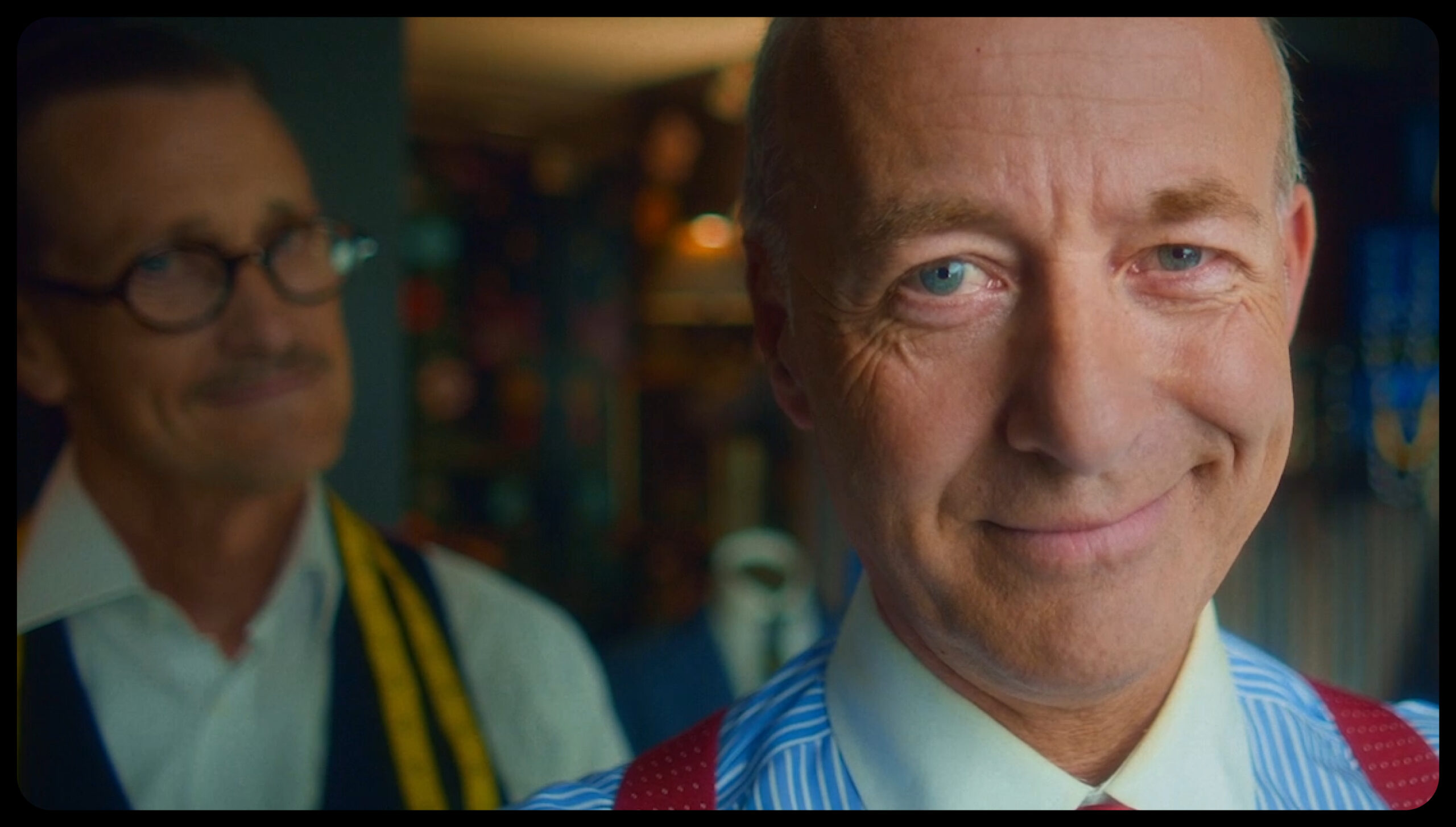Articles
The top 10 stereotypes of consultants
We’re all creatures of habit. We tend to follow in the footsteps of those before us and mirror the people we surround ourselves with. This is especially true in our…

We’re all creatures of habit. We tend to follow in the footsteps of those before us and mirror the people we surround ourselves with. This is especially true in our professional lives.
In doing so, sometimes we don’t realize the bad habits we’ve adopted, nor do we stop to question why we’re even doing them.
As consultants, we know our industry is no exception. But we also recognize the importance of being able to look inwards and call ourselves out. By acknowledging industry shortcomings, we can actively work to address them.
Elixirr was founded in 2009 to bring something different to consulting and challenge the reputation the industry had developed. To demonstrate firms are still capable of delivering impactful and unique solutions to clients. To bring back the human element of the work that disappeared but remained as important as ever.
So for some real self-reflection, we populated 10 of the most common stereotypes of consulting and launched a campaign around it.
1. Jargon-schmargon
Consultants love to use big words to impress (or really confuse) their clients. The smarter they sound, the smarter they must be, right? They’ll convince you the people on their team are heaps more intelligent than yours. Otherwise, why would you need them?
2. Copy + paste
Consultants don’t start from scratch like they promise. Instead they take the easy route, providing pre-packaged solutions they’ve used before, possibly even with competitors. They might even use ideas you already gave them but polish them up to make it seem like they came up with them…
3. Talking without listening
Consultants act like they know the answers to a client’s problem before they’ve even met them. They assure you they know your company better than you do, telling you what you want to hear, not what you need to hear, in order to protect themselves.
4. Charging you a lot just to tell you a little
You’ve probably heard it before: ‘A consultant will borrow your watch to tell you the time and then charge you for it’. Sure you receive a massive PowerPoint deck from the firm, but tangible results are nowhere to be found in it.
5. An ‘A-team’ delivers the pitch
Firms have an A-team sell the deal, a B-team set up the project and a C-team deliver it. The most experienced players sell you the dream, but you never hear from them again.
6. Methodology > creativity
Consultants rely on ticking boxes against a standard methodology instead of working creatively to achieve an outcome for the client.
7. They only look out for themselves
Contracts are filled with caveats and assumptions to cover their derrières, not yours. They’ve made sure any hiccups along the way become your problem, not theirs.
8. There is no collaboration
Consultants work in silos and only reveal the strategy to the client at the very end. Who has time to check in and get input anyway? They’ll just hope you like what they come up with in the end. If you don’t, check stereotype #7!
9. Consultants lack fresh thinking
Because large corporate firms often look like the big companies they’re consulting, there’s a lack of fresh thinking or real change happening. They’re limited by the same internal structures as their clients. Monkey see, monkey do.
10. Their main objective is to fill seats
Firms aim to hire as many consultants as possible, regardless of merit, because more people = more work. They’d rather do the work than do the work well.
Now, this campaign isn’t about name-calling or playing the blame game. But if it makes even one business leader laugh, and (hopefully) more than one consultant up their game, then we’re on the right path to give this industry an overdue shake up.
At Elixirr, we do things differently. We’re the Challenger Consultants. Get in touch to see what we can do for you.



